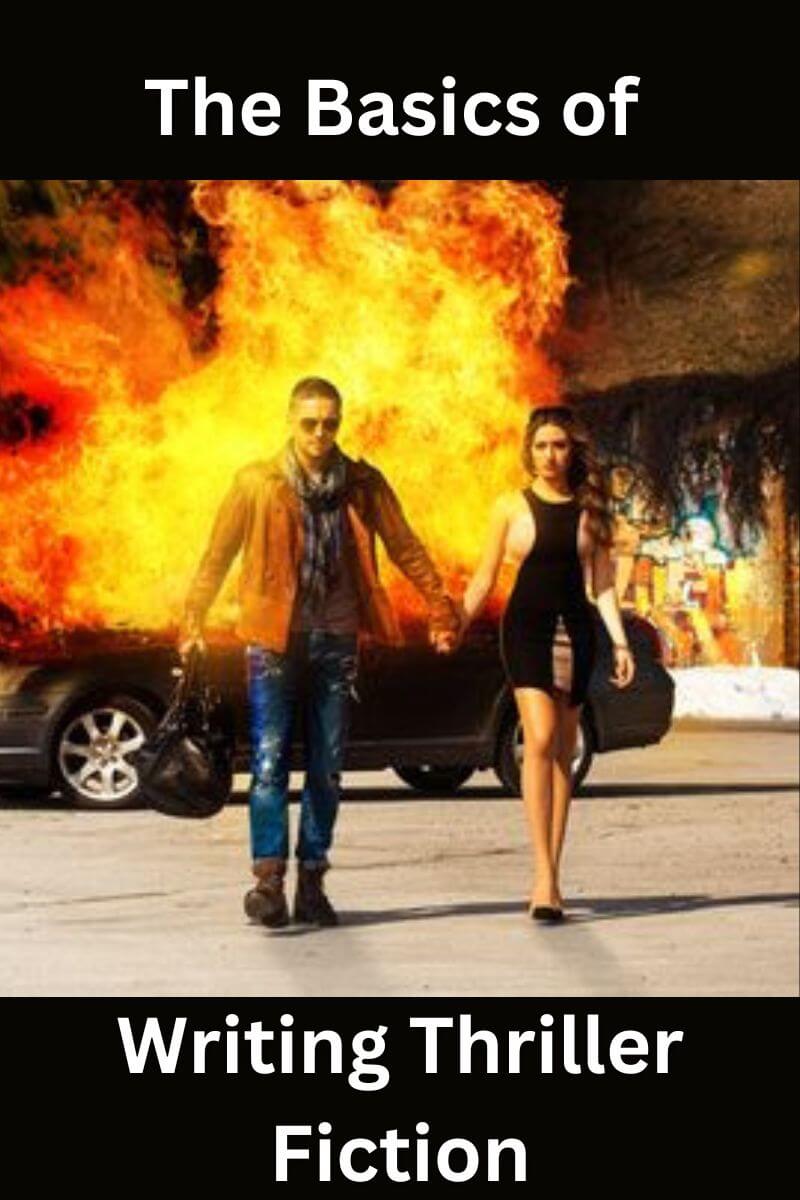I can't move forward
Question: I'm 19 and I like writing. I love reading and it gives me ideas but then I get stuck and I don't know how to move on with it always feeling that it's not good enough. I can't finish it and keep on altering it. I need some advice.
Answer: As Ira Glass points out, feeling that your work is not up to scratch can be a positive sign. It shows your literary taste is good enough that you can tell your work isn't quite on the level you'd like it to be. That awareness can be a positive thing if it gives you the motivation to keep striving to make your writing better. Fortunately, the more you write the more you will close the gap between your taste and your talent.
Of course, recognizing your shortcomings can also be a negative thing if it stops you from writing.
One of the secrets to creativity is to not be critical and creative at the same time. These two mental faculties don't play well together. When you create, just create. Have fun playing with your ideas. Don't worry about whether the writing is good or makes perfect sense. Just enjoy following your muse. Set a reasonable goal for each session, such as finishing one short story or one chapter. If that's too much, maybe make three pages your goal and try to finish a short story or chapter each week or month -- whatever amount lets you relax. But try to suspend self-criticism until you've reached your goal.
Then put your writing aside for a day or a week. When you return to it, that's when you can engage your critical faculty and start looking for things you'd like to improve.
You might want to put the story and your critical notes aside for a day or two. Then have another creative session in which you invent and implement solutions to address the problems. Don't look for new problems in this session. Save that for the next critical session if you like.
When you're being creative, you want to take all the pressure off yourself and just have fun. Creativity is a bit like going to an amusement park. If it's not fun and exciting, you're doing
Some writers like to work with a critique partner. They let their partner take on the critical role of pointing out areas that need improvement, so that they can just relax and do the creative work. Of course, you really have to trust your partner's judgment for this to work. I also think it's a good idea to develop your own critical faculty, as long as you keep it out of your creative sessions.
Something else that can help is to create a good outline before you start writing. Many of the articles on this site are intended to help with that. An outline gives you a roadmap so you are less likely to take the story down a deadend path. It helps you keep in mind what must happen next so you don't get stuck as easily. You can solve many of your plot problems in the planning stage, so the revision process will also go much faster.
Of course, if you are a real plotter at heart, you can spend so much time crafting your outline and background notes that you don't get the story written. So you have to know when to stop planning and just start writing. Again, alternating between planning and writing sessions can work quite well.
If you have trouble getting out of the critical mode, a more extreme approach is to participate in NaNoWriMo (google it). Here's how it works...
Between now and November, plan your novel. Develop a solid outline, character sketches, background material, etc. Research or design your setting. Think about the thematic message you'd like to convey.
Then, for the entire month of November, just write. The goal is to produce 50,000 words in 30 days, an average of 1600 or so words per day. Because you must write quickly, you can't afford the time to be critical. It's all about quantity, not quality.
If you succeed, you will have a rough draft by the end of the month. Then you can have a critical session in December or January, followed by writing a second draft in February.
In other words, a year from now you'll have a novel -- a significant accomplishment.
Best of luck.
- Home
- Writing Questions
- I can't move forward











